
The American Revolutionary War (1775-83)
Born eight months after the outbreak of the American Revolution, Jane Austen entered a world on the brink of seismic change. Although the conflict that ended with the independence of 13 North American colonies from British rule did not affect her directly, its geopolitical legacy shaped the world in which she came of age.
During the 1760s and 1770s, colonists in North America grew increasingly frustrated with taxation by Britain, and by its legislative supremacy over their lives. In 1773, the Tea Act effectively gave the East India Company a monopoly on importing tea to America - and levied taxes on that tea, payable to the British Government. In response, colonists disguised as Mohawk Native Americans boarded British ships and dumped an entire shipment of tea into Boston Harbour - a protest known as the Boston Tea Party. Westminster responded by passing the Intolerable Acts, ending local self-government and commerce in Boston.
INDEPENDENT THINKING
Tensions boiled over in April 1775, when British troops in Massachusetts attempted to confiscate weapons in Lexington and Concord. When they met resisting local militia, the "shot heard 'round the world" was fired - marking the start of the Revolutionary War. The following year, on 4 July 1776, delegates from 13 colonies assembled in Philadelphia declared their independence and established the United States of America.
Over the next five years, on battlefields from Bunker Hill to Yorktown, the colonists - led by figures including George Washington - fought for liberty and self-governance. And, with support from France and other European powers, the tide turned in their favour. Signing the Treaty of Paris in 1783, Britain formally recognised the US as an independent nation, ending the conflict. But the ideals championed in that war opened the era of the Atlantic Revolutions.
Diese Geschichte stammt aus der October 2023-Ausgabe von BBC History Revealed.
Starten Sie Ihre 7-tägige kostenlose Testversion von Magzter GOLD, um auf Tausende kuratierte Premium-Storys sowie über 8.000 Zeitschriften und Zeitungen zuzugreifen.
Bereits Abonnent ? Anmelden
Diese Geschichte stammt aus der October 2023-Ausgabe von BBC History Revealed.
Starten Sie Ihre 7-tägige kostenlose Testversion von Magzter GOLD, um auf Tausende kuratierte Premium-Storys sowie über 8.000 Zeitschriften und Zeitungen zuzugreifen.
Bereits Abonnent? Anmelden
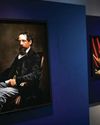
'Dickens's evocation of the fears, excitement and confusion of childhood is peerless'
DR LEE JACKSON ON WHY CHARLES DICKENS REMAINS RELEVANT TODAY
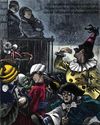
THE AUTHOR GOES ABROAD
Dickens expanded his horizons and boosted his fan-base by venturing overseas - but global fame came with a cost
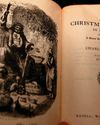
REVIVING THE FESTIVE SPIRIT
A Christmas Carol wasn't just a bestseller - it changed the way that Britons chose to mark the festive season
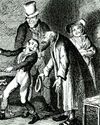
GIVING THE POOR A VOICE
From Hard Times to Oliver Twist, Charles Dickens used his pen to help illuminate the lives of the less fortunate
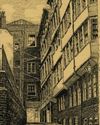
A JOURNEY THROUGH DICKENS'S LONDON
The works of Charles Dickens are synonymous with visions of Victorian London. We talk to Dr Lee Jackson about the author's love of the capital, and the locations that most inspired him
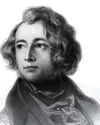
EXCEEDING EXPECTATIONS
Dr Lee Jackson chronicles Charles Dickens's journey from down-at-luck teenager to titan of Victorian literature
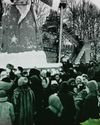
GIFTS, TREES & FEASTING
We take a journey through the photo archives to reveal how Christmas and its many traditions have been celebrated over the years - and around the world
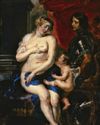
WHAT GREAT PAINTINGS SAY
We explore the story behind an allegorical painting that celebrates the triumph of love over hate, peace over war
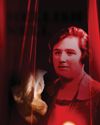
HELLISH NELL
Malcolm Gaskill delves into the life of Helen Duncan - the fraudulent Scottish medium whose ectoplasm-filled seances saw her ending up on the wrong side of the law
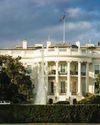
7 THINGS YOU (PROBABLY) DIDN'T KNOW ABOUT THE WHITE HOUSE
Presidential historian Dr Lindsay M Chervinsky reveals some of the most surprising facts about the world-famous US residence